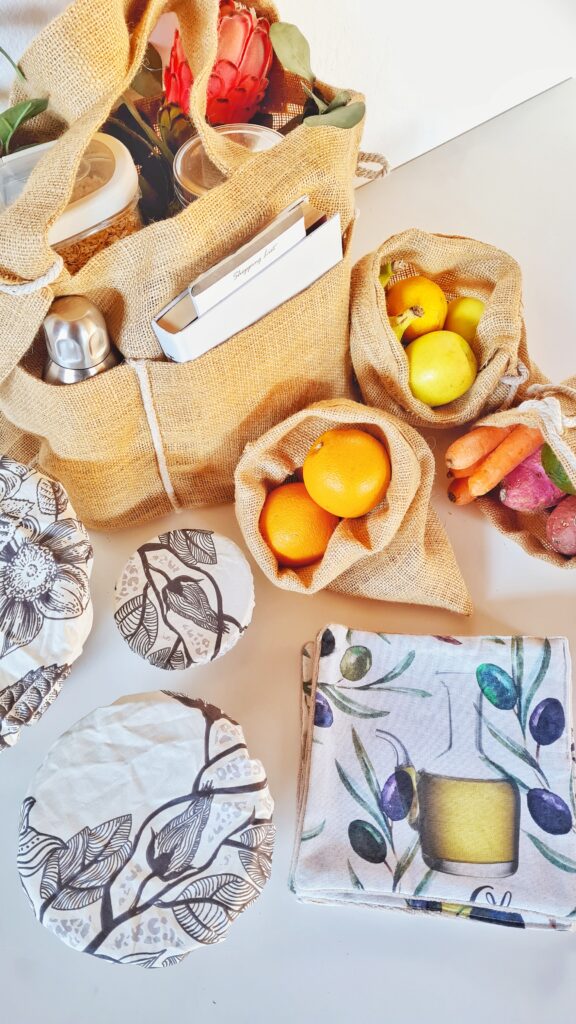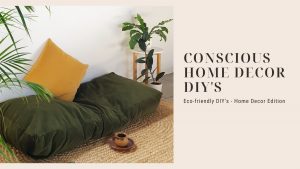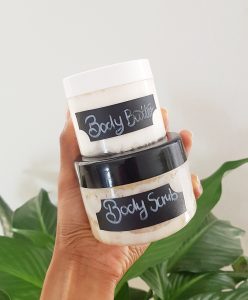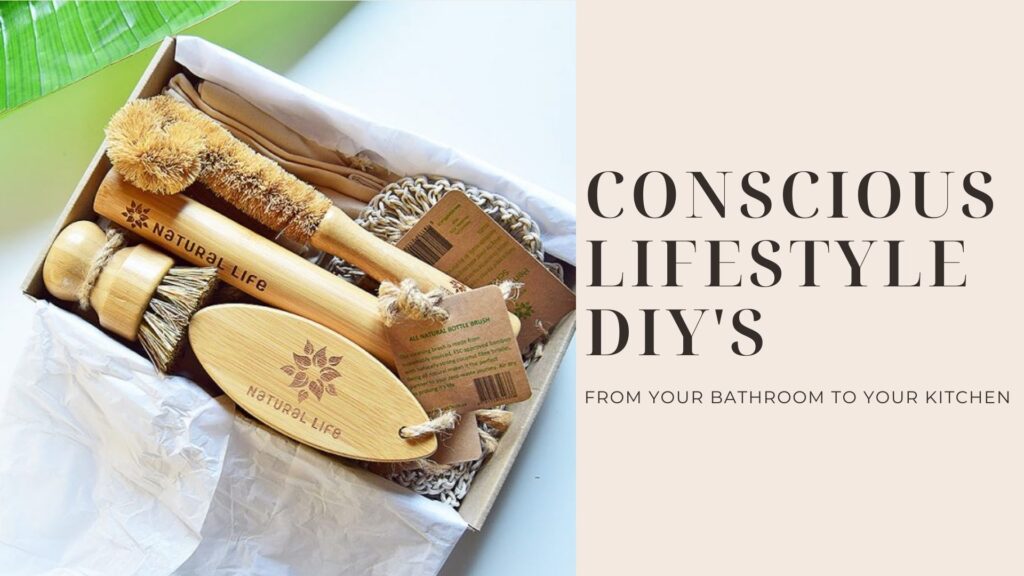
Never doubt that a small group of thoughtful, committed citizens can change the world; indeed, it is the only thing that ever has.”
—Margaret Mead
ZERO WASTE KITCHEN
Hey Community,
Shop At Plastic-Free Grocers
In South Africa, plastic is one of the greatest, pervasive and most dangerous pollutants. Plastic is over-used and over-consumed, and most of this plastic is non-recyclable and non-biodegradable. Eliminating the plastic problem simply with you. By shopping at plastic-free grocers, you are reducing land and water pollution, saving money, eliminating toxic from the products your consume and creating less waste.
Create an “Eat Me First” box
The easiest step to being conscious about consumption of food and reducing food wastage is creating a box or bowl dedicated to things that you should be consuming as a priority. This is great for foods that are quick to go off or foods that we often forget to eat altogether. Through this method, you will also get a better understanding of your food consumption behaviours and even change your diet to be more conscious for your health and your wallet.
Swop Paper Towels For Reusable Kitchen Towels
Although paper towels might be perceived cheap and convenient, they always end up being a regular expense and a health hazard when they are disposed. Not only are kitchen towels reusable and durable, they are also multi-purpose.
Use Kurobo Charcoal Water Purifier
This method of purifying water is one of the safest and most sustainable. Kurobo charcoal eliminates bacteria from water while improving its taste. You can buy Kurobo charcoal locally from any of the The Refillery stores!
Repurpose Food Scraps From Your Kitchen
There is much nutritional value in food scraps, even when it is not going into our own bodies. Your can repurpose your food scraps to make compost to grow plants and other foods. You can also repurpose your food scraps to make food for animals such as birds and worms. Repurposing food scraps saves on money and waste-related energy.
ZERO WASTE MENSTRUAL PRODUCTS
Our second conscious lifestyle DIY for the week are low waste menstrual or sanitary cups and pads. Low waste menstrual or sanitary cups and pads are low on cost, toxins, plastic and energy use. If your would like to know more about them, click on the video below!
SEPARATE YOUR WASTE INTO 3 BINS
Waste Management For Your Home!
According to an article produced by Business Insider, “South Africa is getting close to drowning in its own waste. Only 10% of 108 million tonnes of trash generated every year enter recycling plants, and most of the country’s 826 landfill sites are nearing critical capacity.” (November, 2020). Many of the solutions we bring, can be done in the comfort of your own home. This is why we are encouraging you to practice waste separation in order to better assist with the recycling process.Watch video on instagram
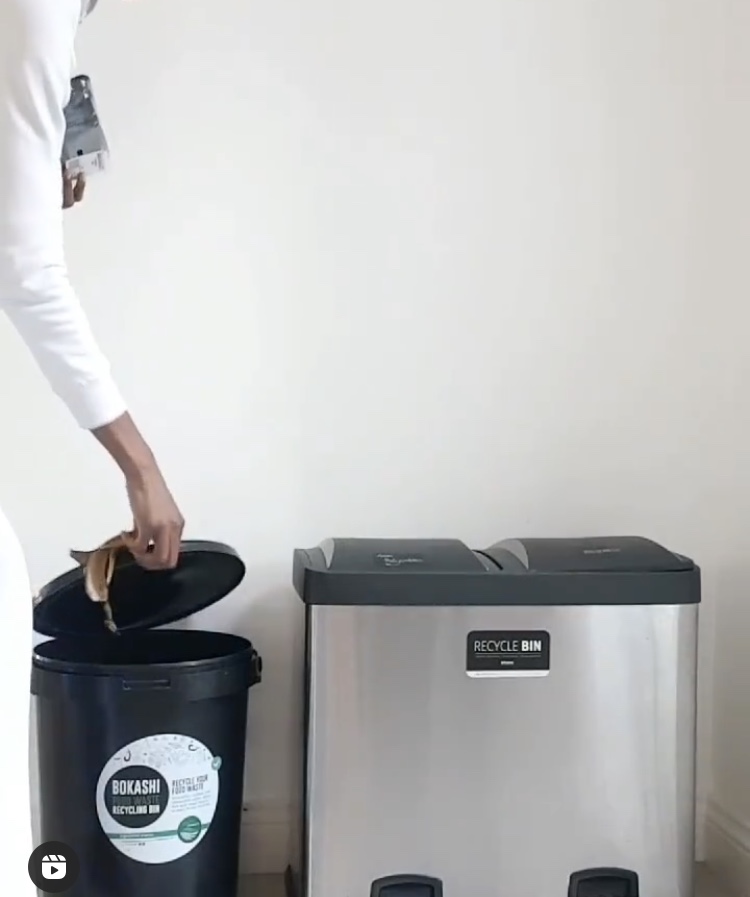
PLASTIC FREE JULY CHALLENGE – Sign up to win!
In the spirit of plastic-free July, we are running a competition where you could win great prizes, including a plastic-free shopping experience with The Refillery! Learn more
